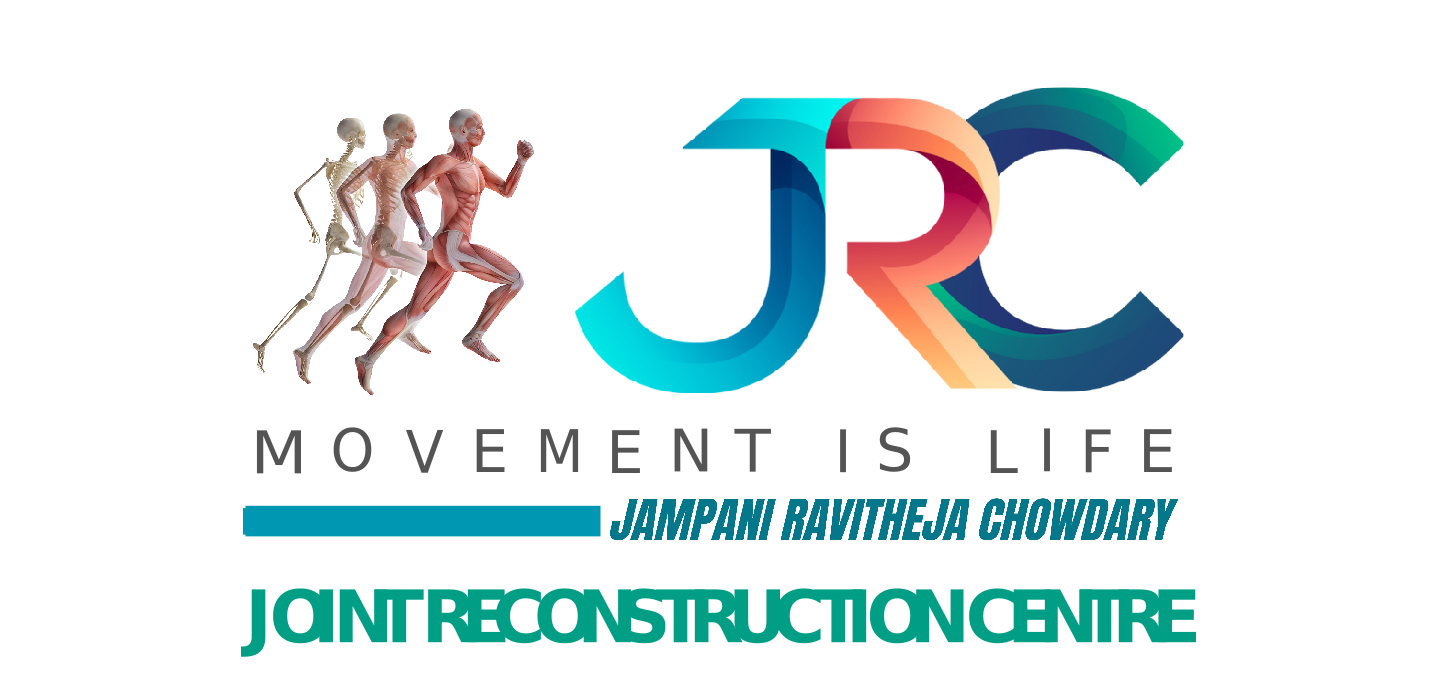Rheumatology

Introduction to Rheumatology
- Overview of Rheumatology: Rheumatology is a branch of medicine that focuses on the diagnosis and treatment of rheumatic diseases and conditions affecting the joints, muscles, and connective tissues.
- Common Rheumatic Conditions: These include rheumatoid arthritis, osteoarthritis, lupus, gout, and ankylosing spondylitis.
- Importance of Early Diagnosis and Treatment: Timely intervention can prevent joint damage, alleviate pain, and improve quality of life for patients with rheumatic diseases.
Comprehensive Diagnostic Services
- Thorough Clinical Evaluation: Detailed patient history and physical examination to assess symptoms and identify potential rheumatic conditions.
- Advanced Laboratory Testing: Blood tests to detect markers of inflammation, autoantibodies, and other indicators of rheumatic disease.
- Imaging Studies: Use of X-rays, MRI, and ultrasound to evaluate joint and tissue damage.
Conditions Treated by Rheumatology
- Rheumatoid Arthritis: An autoimmune disease causing chronic inflammation of the joints, leading to pain, swelling, and eventual joint damage.
- Osteoarthritis: Degenerative joint disease characterized by the breakdown of cartilage, resulting in pain and stiffness.
- Lupus (Systemic Lupus Erythematosus): An autoimmune disease that can affect joints, skin, kidneys, and other organs.
- Gout: A type of arthritis caused by the accumulation of uric acid crystals in the joints, leading to severe pain and inflammation.
- Ankylosing Spondylitis: A form of arthritis that primarily affects the spine, causing inflammation and potentially leading to spinal fusion.
Treatment Options for Rheumatic Conditions
- Medications:
- Nonsteroidal Anti-Inflammatory Drugs (NSAIDs): To reduce pain and inflammation.
- Disease-Modifying Antirheumatic Drugs (DMARDs): To slow the progression of rheumatic diseases.
- Biologic Agents: Targeted therapies that modify the immune system’s response to reduce inflammation and prevent joint damage.
- Corticosteroids: To quickly control inflammation and flare-ups.
- Non-Pharmacological Treatments:
- Physical Therapy: Customized exercise programs to improve joint function and reduce pain.
- Occupational Therapy: Techniques to help patients perform daily activities and protect their joints.
- Lifestyle Modifications: Dietary changes, weight management, and exercise recommendations to support overall health.
- Surgical Interventions: Joint replacement or reconstructive surgery for severe cases where conservative treatments are insufficient.
Our Expert Rheumatology Team
- Board-Certified Rheumatologists: Specialists with extensive experience in diagnosing and treating a wide range of rheumatic diseases.
- Multidisciplinary Approach: Collaboration with orthopedic surgeons, physical therapists, and other specialists to provide comprehensive care.
- Patient-Centered Care: Focus on individualized treatment plans and continuous support to manage chronic conditions effectively.
State-of-the-Art Facilities
- Advanced Diagnostic Tools: Cutting-edge laboratory and imaging equipment for accurate diagnosis and monitoring of rheumatic diseases.
- Dedicated Infusion Center: Comfortable and modern facilities for administering intravenous therapies.
- Comprehensive Rehabilitation Services: On-site facilities for physical and occupational therapy, tailored to the needs of rheumatology patients.
Patient Testimonials and Success Stories
- Patient Experiences: Hear from individuals who have successfully managed their rheumatic conditions with our care.
- Before and After Case Studies: Real-life examples of patients’ improvements and how our treatments have positively impacted their lives.
Educational Resources for Patients
- Condition Information: Easy-to-understand explanations of various rheumatic diseases and their treatments.
- Self-Management Guides: Resources to help patients manage their condition and maintain an active lifestyle.
- Support Networks: Information on community resources and support groups for patients with rheumatic diseases.
Contact Us
- Easy Appointment Scheduling: Convenient online booking and flexible appointment times to accommodate patients’ schedules.
- Insurance and Billing Assistance: Support with understanding insurance coverage and managing billing processes.
- Location and Contact Details: Directions to our clinic and multiple ways to get in touch with us for consultations and follow-up care.

